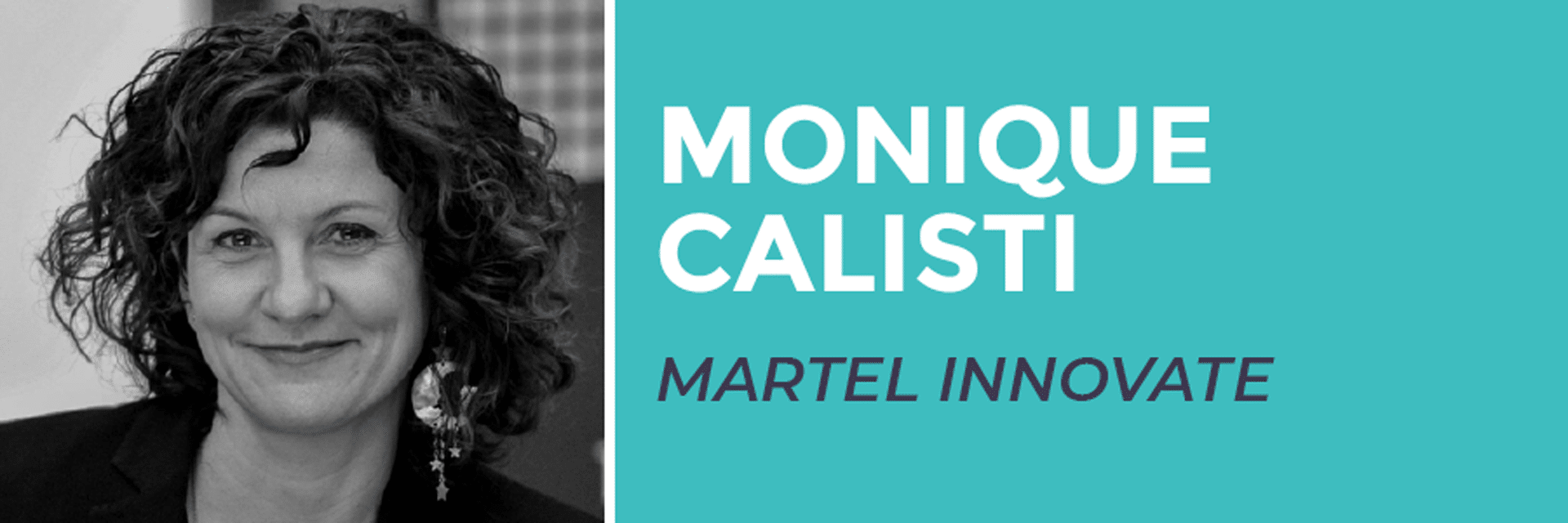Dr. Monique Calisti, Managing Director and Partner of Martel Innovate, is an entrepreneur with profound experience in research and innovation management actively engaged in the international digital research and innovation scene. An expert in her field and specialised in public funding, she coordinates several EU H2020 projects, supports innovative SMEs and startups, runs specialised training programs, and has served the European Commission as expert evaluator and reviewer in the field of advanced Internet technologies for over a decade. Monique is currently engaged in the Next Generation Internet programme and in the Digital Social Innovation initiative at the pan-European level, helping digital researchers and innovators to realise their innovative ideas and achieving greater impact. Monique is active in the global scientific community and has authored more than 50 scientific papers and edited several books focusing on intelligent agent systems. Multicultural and multitasking, former ultimate Frisbee player and Zumba teacher, she is mother of three, speaks five languages and holds two Ph.D. degrees: one in Artificial Intelligence and one in Telecommunications Engineering.

- This event has passed.
DIGITAL ASSEMBLY 2018
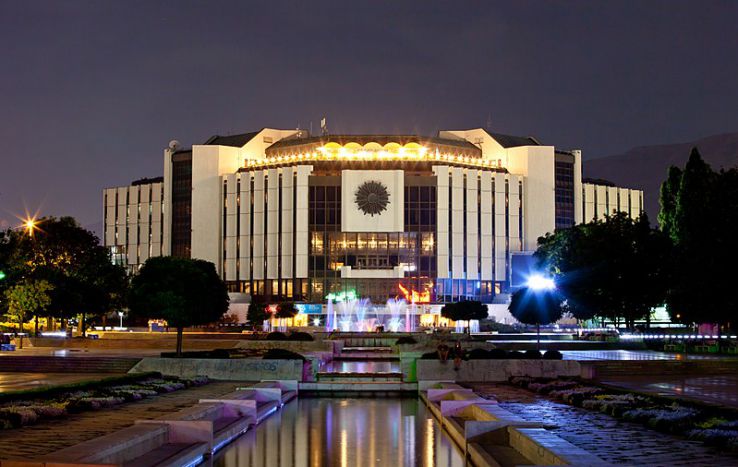
Annual event co-organised by the European Commission and the Bulgarian Presidency of the Council of the European Union.
The Digital Assembly 2018 is a forum for stakeholders to debate, take stock and look ahead at how Europe and its partners around the world are preparing for the main digital policy challenges ahead. The Assembly will also present an opportunity for dialogue on how to reap the benefits for citizens and businesses in a rapidly changing world.
NGI @ Digital Assembly 2018
“Towards a common European data space: Internet of Things, the data economy and the Next Generation Internet” | Panel 2: The data economy and the Next Generation Internet (NGI)
Date: 26/06/2018 (13.30-16.00)
The second part of the workshop will focus on the Next Generation Internet: how can we use the vast amount of data generated on the internet and turn it into useful knowledge and better services for the end-users? How can we use the latest technological developments to build an internet that serves us better, an internet of humans?
Greater availability of data and full transparency on the use of citizens’ data will allow them to take back control of the internet and make it a powerful tool to improve their lives in areas as diverse as health, democracy, environment and mobility. To exploit the power of data, it will be important to master the underlying technologies, including IoT, AI and Blockchain. How can Europe embrace this technological revolution and shape the internet that we want? What is the role of the different stakeholders and how can we collaborate to make it happen? This second part will debate these questions and seek to define the key characteristics of the Next Generation Internet and the role that data will play to enable it.
The Internet and Artificial Intelligence (AI) provide great opportunities, enabling digital transformation in most sectors of the economy and transforming our society: the way we live, the way we work, how we get informed and relate to each other.
Several emerging key technologies will greatly contribute to Internet’s continuous evolution. One of them is Artificial Intelligence (AI), where recent advances show an enormous potential to turn the increasingly growing mass of available information into knowledge. This may lead to our seamless immersion in smarter physical and virtual environments powered by AI, assisting people, improving their lives and also benefiting the society at large.
But with the increasing level of autonomy of systems and algorithms, there are also increasing challenges: about the transparency of algorithms and decision making processes; about the accountability and liability of AI systems.
The introduction of any new technology offers both great opportunities and challenges. It is essential for Europe to ensure the upcoming ‘digital era’ and ‘hyper-connected society’ is based on principles that are in line with our values like openness, neutrality, cooperation, inclusion, transparency, protection of data and privacy.
The Next Generation Internet (NGI) initiative will ensure the developments of Artificial Intelligence and other key technology game changers contribute to making the future internet more human-centric.
Speakers
- Monique CALISTI (Martel Innovate, Media & Marketing, Switzerland), Moderator
- Sébastien SORIANO (Chairman of ARCEP, France), Panellist
- Marleen STIKKER (Waag, Netherlands), Panellist
- Helmut LEOPOLD (AIT Austrian Institute of Technology, Center for Digital Safety & Security, Austria), Panellist
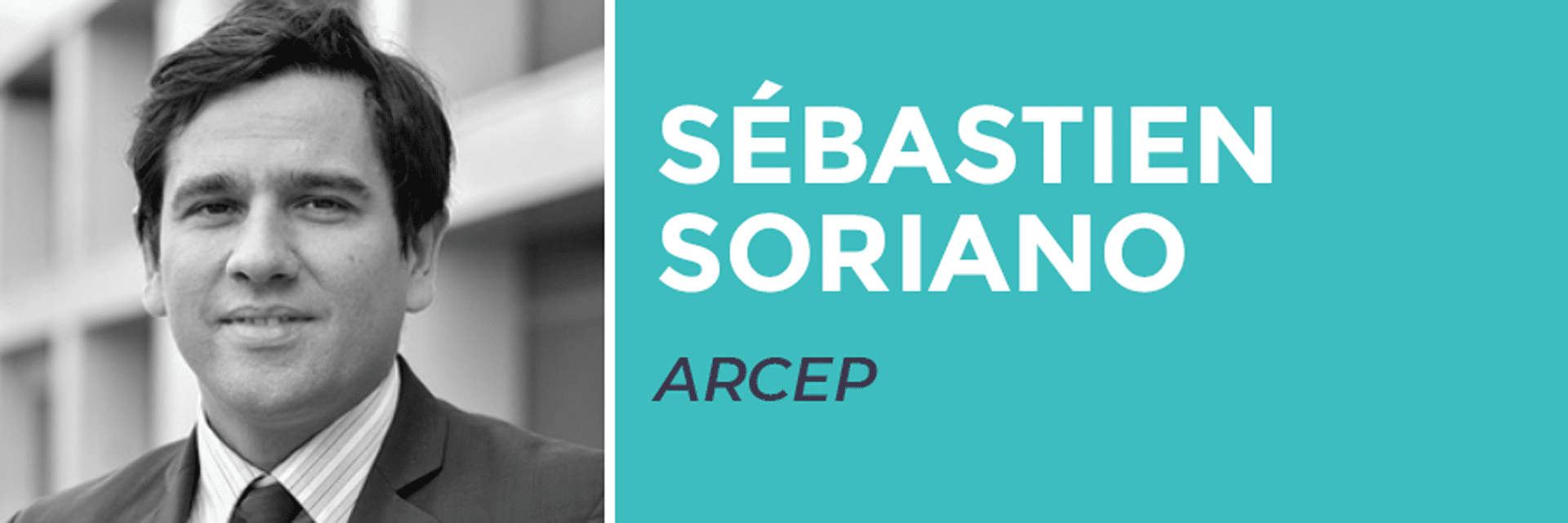
Sébastien Soriano is Chairman of Arcep, the French national regulatory authority for telecoms and posts (Autorité de régulation des communications électroniques et des postes). He is also Chairman of BEREC 2017. BEREC is the Body of European Regulators for Electronic Communications, bringing together 39 regulatory authorities from EU Member States, candidate countries as well as EFTA members. He was Vice-Chairman of BEREC in 2016. Born in 1975, Sébastien Soriano holds Master’s degrees in Science from the Ecole Polytechnique in Paris, and in Telecom Engineering from Telecom ParisTech, as well as a Bachelor of Public Administration from Sorbonne University in Paris. He has spent most of his career in digital policies, competition and telecoms regulation areas. He started his career at the French Competition Authority, between 2001 and 2004, as a case handler and then as Deputy General Rapporteur, between 2009 and 2012. Between 2004 and 2009, he held various positions at Arcep, including Head of the Mobile market Unit and Director of Broadband market. From 2012 through 2014, he was Chief of Staff of Mrs. Fleur Pellerin, French Minister for SMEs, Innovation and Digital economy. Prior to his appointment as Chairman of Arcep, he was Special Advisor to the French Minister for Culture and Communication. Sébastien Soriano published several papers on the challenges of regulators and law makers in the digital era. He also teaches regulation and digital economy in the Master’s programme in Public Policy at SciencesPo School of Public Affairs in Paris.
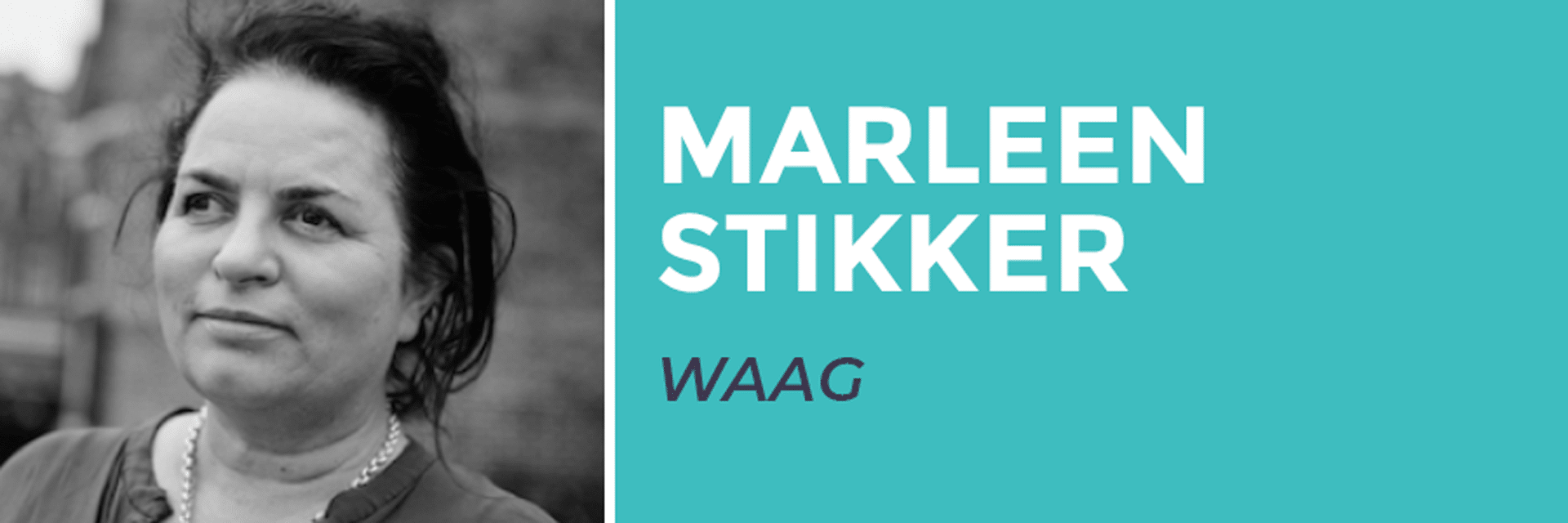
Marleen Stikker is founder of Waag.
Marleen Stikker (1962) is also founder of De Digitale Stad (The Digital City) in 1994, the first virtual community introducing free public access to the Internet. She leads Waag, a social enterprise that consists of a research institute for creative technologies and social innovation and Waag Products, that launched companies like Fairphone, the first fair smartphone in the world. She is also advisor to the policy strategy group of the EU.
Marleen Stikker strongly adheres to the Maker’s Bill of Rights motto: “If You Can’t Open It, You Don’t Own It”.
Waag is actively involved in the Open Design and Creative Commons movement and believes that society needs open technologies that meet societal challenges.
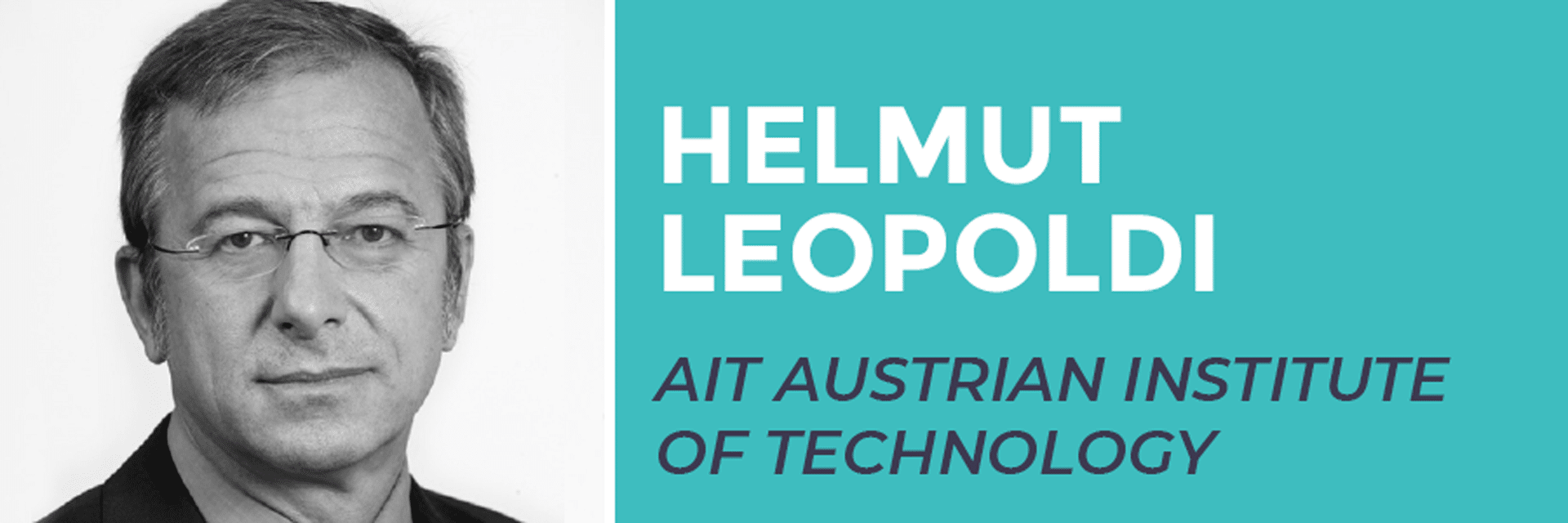
Helmut Leopold, born April 27th, 1963, has a degree in Electronics and Communications (Technical College HTL Rankweil, Vorarlberg) and a Master degree, Dipl.-Ing., in Computer Science from the Vienna University of Technology, 1989. He made his PhD in Computer Science, 2017, at the University of Lancaster, UK.
Since 2009, Helmut Leopold is with the AIT Austrian Institute of Technology, where he holds the position Head of Center for Digital Safety & Security. In this responsibility he formed an international leading applied research institute in next generation ICT. Key research areas under his responsibility are cyber security, optical quantum technology, smart encryption, Data Science, AI, Blockchain, 5G and optical communication, model based system engineering, digital identity systems and vision based sensor systems for protecting critical infrastructures.
From 1999 until 2008 Helmut Leopold worked with Telekom Austria, the incumbent network operator in Austria. As acting CTO, he was the driving force for the digital transformation to a broadband and multimedia operator and responsible for rolling out next generation network services such as broadband internet, interactive digital TV services and User Generated Content (UGC) platforms as well as implementing the national optical communication network strategy. Before that he was with Alcatel Austria as well as Alcatel ELIN Research Center.
Helmut Leopold is IEEE and AOM member and president of the Austrian Organization for Information and Communication Technology (GIT) and Board Member of the Austrian Electrotechnical Association (OVE) and was Chairmen of the Broadband Services Forum (BSF), San Francisco, USA, Vice President of the Austrian Telecommunication Research Center (FTW) and President of the Austrian IPv6 Taskforce.
He has always been actively involved in research projects at European level as well as in international standardization. He acts as evaluator for the R&D programs of the European Commission and was lecturer at different Universities. During his professional career he got several international innovation awards such as “Euro50, Leaders in Broadband and Pay-TV, Trade Magazine Cable&Satellite Europe, London, November 2006 and 2007; State prices for Innovation for Multimedia and e-Business 2006, IPTV Project “St. Anna TV”, Vienna, 2006; as well as “User Generated Content Project Colorful TV Engerwitzdorf”, Vienna 2005; and the PR Report Award 2005 for implementing successfully a long term communication strategy at Telekom Austria, “From the fixed network telephony to the multimedia world”, Berlin 2005.


